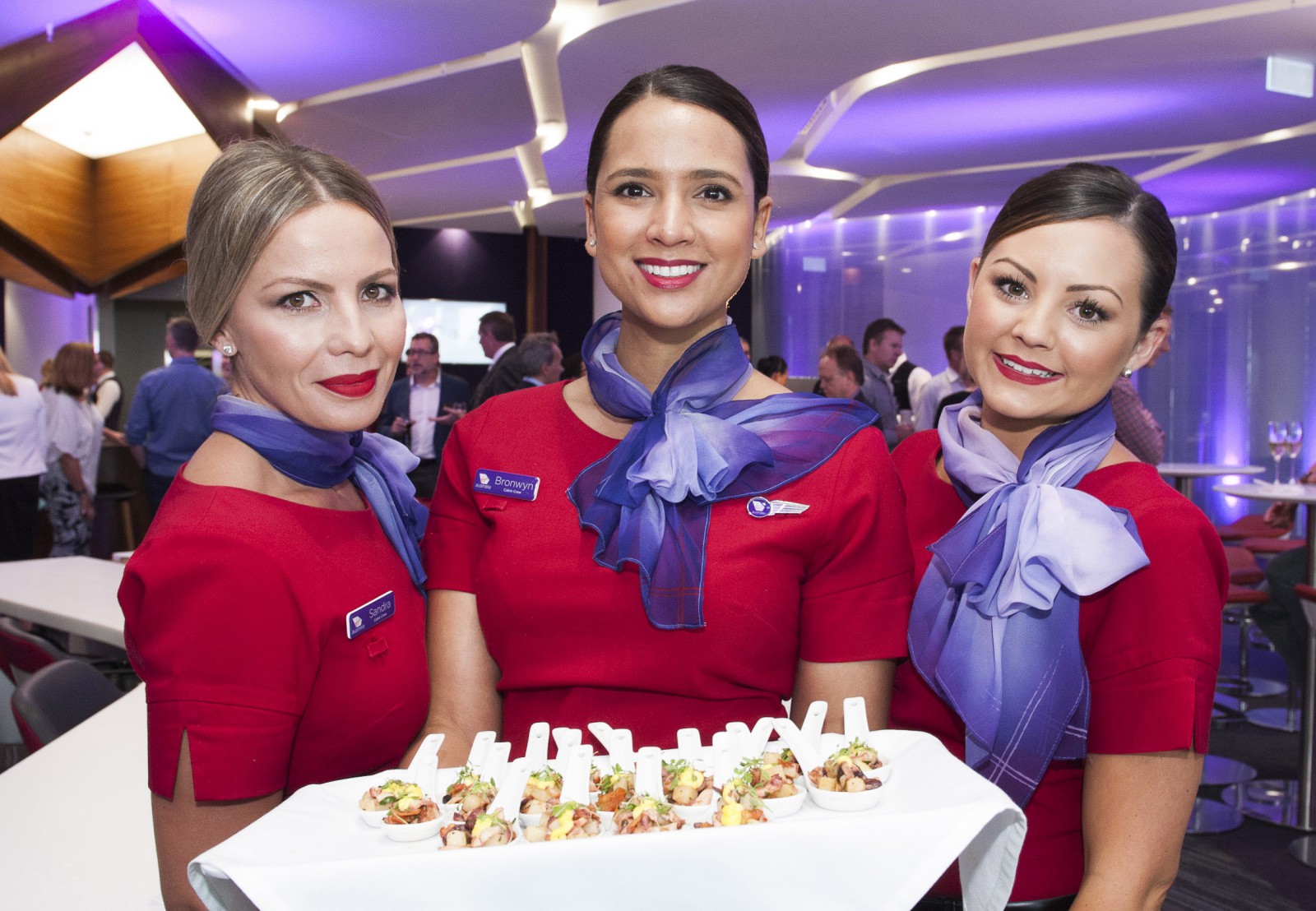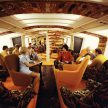Virgin Australia is to conduct a sweeping review of its operations, layoff staff and streamline its various divisions to return to the airline to profitability after reporting an Underlying Loss Before Tax of A$71.2 million and a statutory loss after tax of A$315.4 million for the 12 months ended 30 June 2019.
The Underlying Loss Before Tax of $71.2 million, compared to an Underlying Profit Before Tax of $64.4 million for the prior year, was a decline of $135.6 million.
However, despite the loss, the Group continues to focus on strengthening its balance sheet, increasing its cash position to $1.7 billion at 30 June 2019, a $324.5 million improvement on the prior corresponding period.
WATCH a stunning colour video of the Boeing 707 that started the jetset.
The Virgin Group is made up of: Virgin Domestic, Virgin International, Tigerair and Velocity.
The airline said that the result was driven by “subdued trading conditions in the second half of the financial year, combined with fuel and foreign exchange headwinds and increased operational costs.”
The Group reported an increase in total revenue of 7.6 per cent to $5.8 billion for the full year, including a 2.1 per cent improvement in Revenue Per Available Seat Kilometre (RASK).
However, market demand moderated in the second half of the financial year, impacted by the timing of the Easter holiday period and the Federal Election, which saw both the corporate and leisure travel sectors soften the airline said.
The airline said that the challenging trading environment in H2 FY19 was “compounded by increasing costs including fuel and foreign exchange headwinds of $158.8 million and a $15.0 million investment in Trans-Tasman routes following the cessation of the Air New Zealand alliance.”
Group Cost per Available Seat Kilometre (CASK), excluding fuel and foreign exchange, rose by 4.0 per cent for the 12 months to 30 June 2019.
Virgin said that the statutory loss after tax of $315.4 million was impacted by $223.2 million in restructure costs. This result was impacted by major accounting adjustments following a review of the Group’s asset values in accordance with accounting standards.
The Group is responding to these challenges with a series of immediate improvement initiatives to streamline operations and reduce costs. These include a simplified organizational structure, organizational rightsizing program, fleet and network capacity review and a Group-wide review of supplier contracts. These initiatives are being implemented whilst the Group’s ongoing strategic review is undertaken to improve business performance.
Virgin Australia Group Chief Executive Officer and Managing Director, Paul Scurrah, said in a statement that “today’s results were disappointing and underscored the need for change.”
“There is no doubt that we are operating in a tough economic climate with high fuel, a low Australian dollar, and subdued trading conditions. However, today’s results show that we must improve our financial performance. While we have continued to grow revenue and have a strong loyal customer base, we need to make changes to our costs to ensure we see financial benefit from the growth in our business,” he said.
“Today, we have announced a number of changes to help drive business improvement. This includes a restructure of our leadership team to take in group-wide accountability across all brands, a reduction of 750 roles from our workforce, a review of all supplier contracts and agreements, and a fleet and network review which will see a tight focus on capacity management going forward.
“It’s important to note that we have already addressed a number of other business priorities including the restructure of our Boeing 737 MAX order, which deferred a significant amount of capital expenditure.
“Regarding the reduction of our workforce, I am acutely aware of the impact this has on our team members. However, if we are to position the business for the future, create new opportunities, improve competitiveness, and continue to deliver for our customers, we need to make tough but important decisions that are in the long-term interests of the Group.
“These are just some of the strategic decisions that have been made to help in the short-term. However, there’s more work we need to do on the long-term focus and positioning of the business. We will be focused on being the best value airline for both the corporate and leisure traveller, offering the strong and unique Virgin experience and proposition that we know will appeal to all market segments.
“As I’ve said previously, key to our success is ensuring we strike the right balance between the interests of our team members, customers and our shareholders. We’ll be focused on delivering for all three groups.”
























